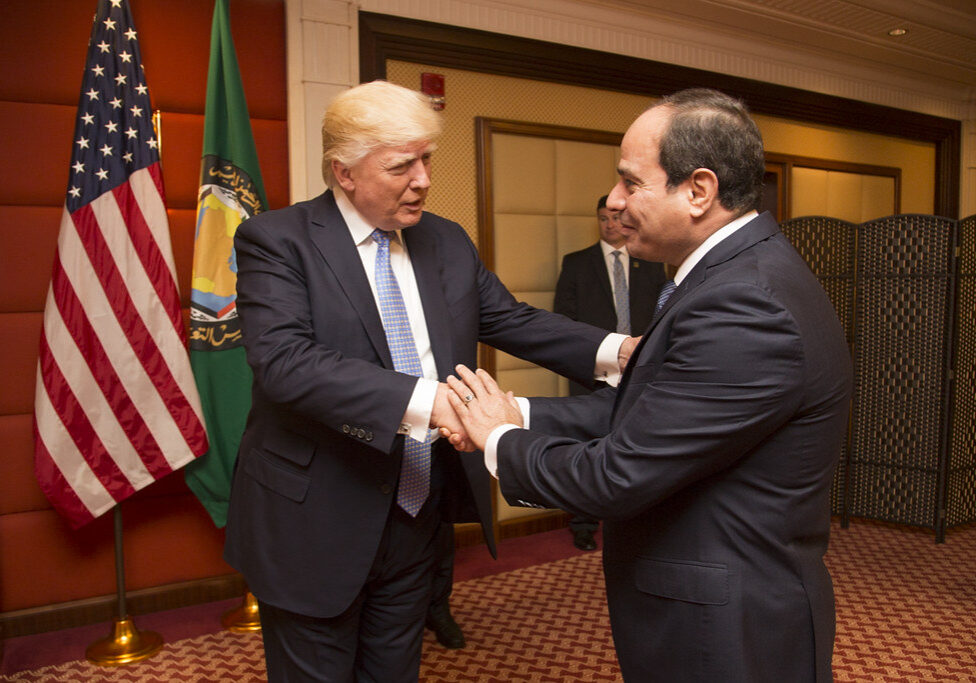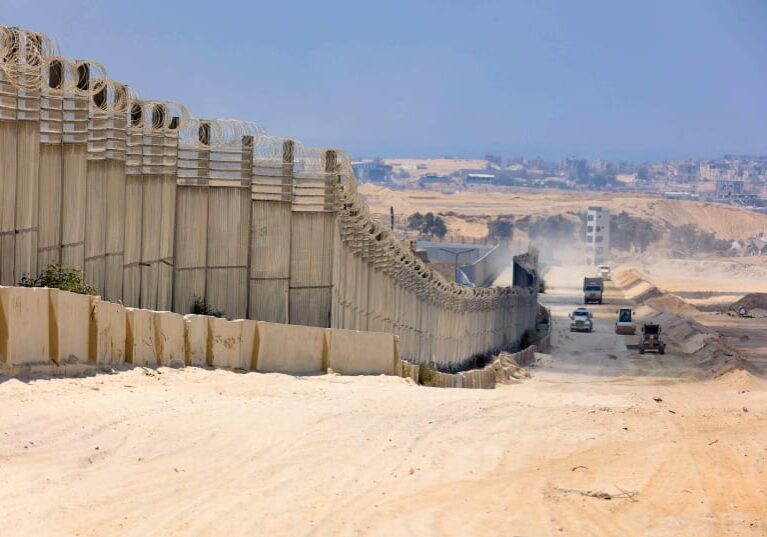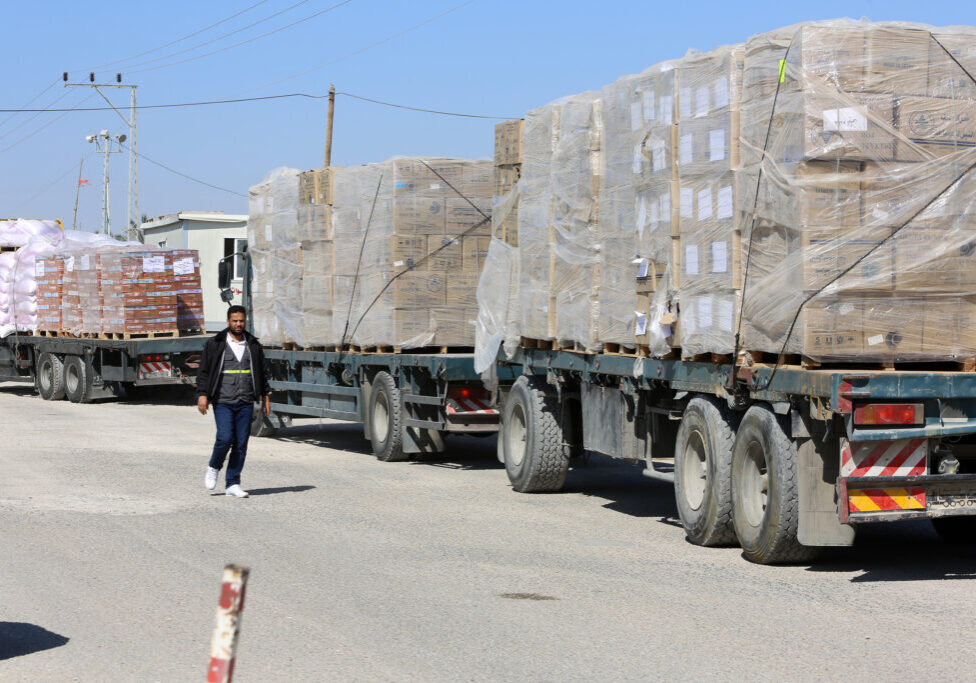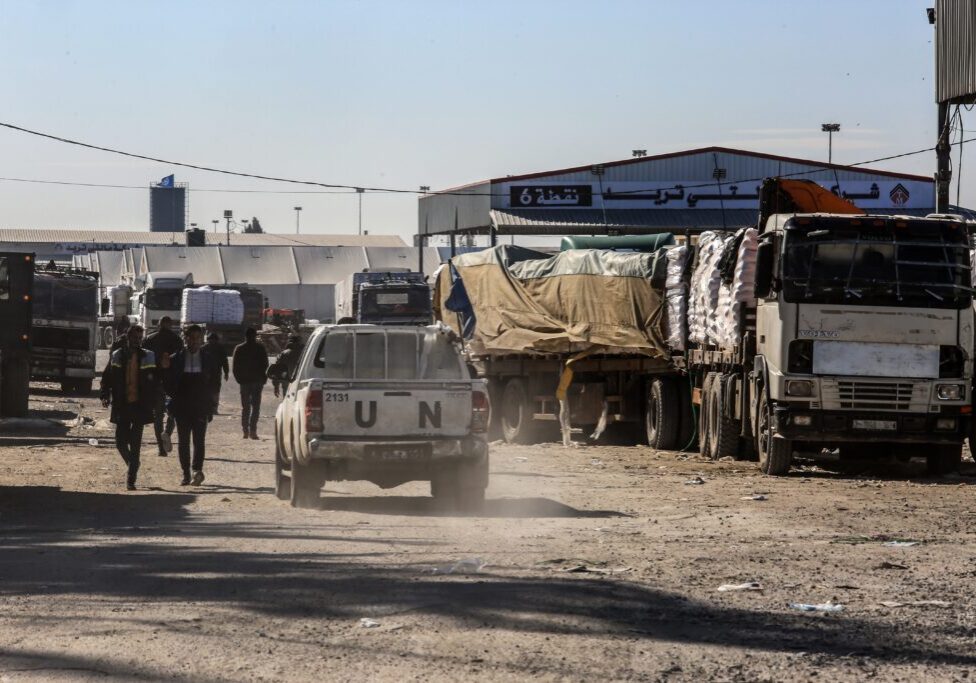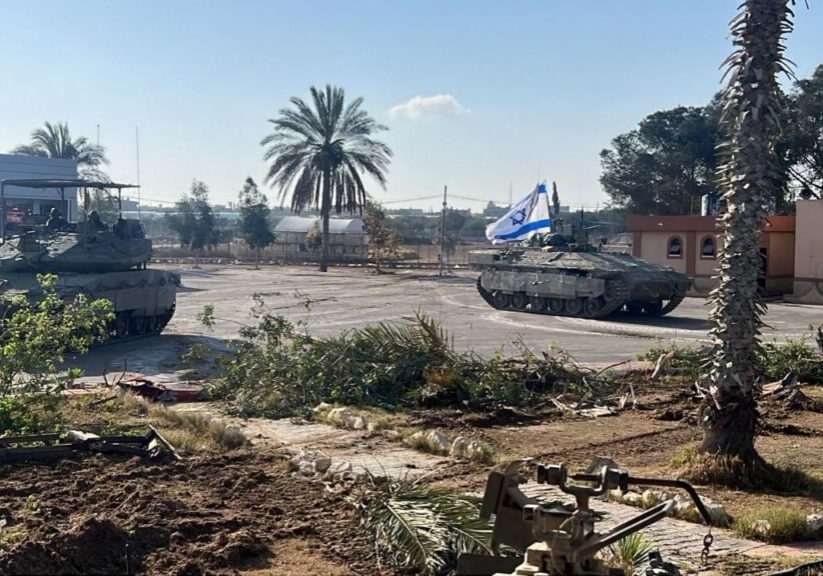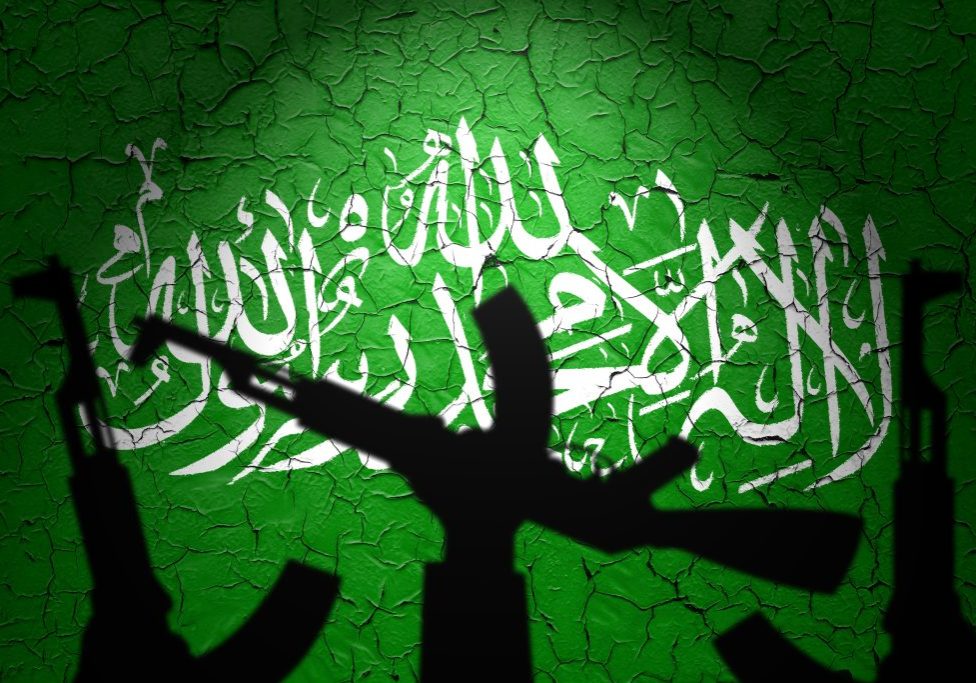Australia/Israel Review
Collision Course in Egypt
Apr 26, 2012 | Jacques Neriah
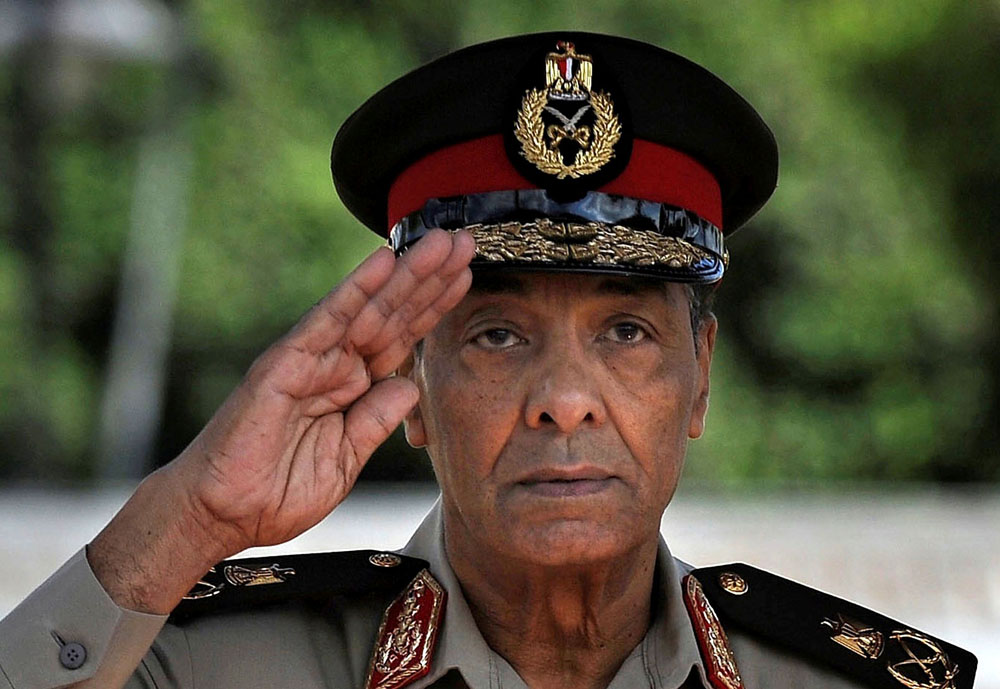
Jacques Neriah
Fourteen months after the popular uprising that brought down the Mubarak regime, Egypt is heading toward a head-on collision between the Islamic forces and the secular military apparatus that has ruled Egypt since 1952, when a group of young officers led by Gamal Abdel Nasser revolted against the monarchy and toppled the regime.
Much has been written about a tacit agreement between the Supreme Council of the Armed Forces (SCAF) led by Field Marshal Tantawi and the Muslim Brotherhood.
The so-called “deal” was supposed to divide power between the two protagonists, whereby the Islamists would retain power in the legislative bodies, and the military, through their proxies, would keep control of the executive branch of government – first and foremost the presidency. But as events leading up to the presidential elections began to unravel, it has become clear that no such arrangement was ever brokered between the two sides, and if it were, it is today null and void.
Islamists Have Hijacked the Revolution
The Muslim Brothers and the Salafists were the last to join the forces that toppled Mubarak. Fourteen months after the revolution it is an accepted fact that the Islamists have hijacked the revolution and have become the leading force in Egypt. They seem to have adopted a tactic whose purpose was to create the illusion that they would share power at all costs with the non-Islamic forces – the liberals and former military. The Islamists even declared they would not participate in the presidential election and would suffice with representation in the legislative bodies of Egypt. Operating under this cover, the Muslim Brothers conquered bastion after bastion of the Egyptian nation-state and succeeded in becoming the dominant force in the People’s Assembly and the Shura Council where, together with Salafists, they hold almost 70% of all seats, thus representing a formidable democratic force able to decide and promulgate laws as they please.
The sudden decision of the Islamists to take part in the presidential elections is indeed a wake-up call for the military, the liberals, and the secular forces in Egypt. The grim possibility of a state where the Muslim Brothers and their Islamic allies would rule Egypt has become very likely and could be the worst nightmare for all democratic forces in Egypt, particularly the military, the liberals, and the 10% Coptic minority.
Such an event would mean the rapid establishment of an “Islamocracy” and the beginning of the end of Egypt as a military society – a possibility that could affect not only the economic advantages of the military class, but the personal freedoms guaranteed today by a pseudo-liberal constitution. All this could occur immediately, but it seems more likely that the Islamists’ approach will be gradual in order not to provoke a confrontation with the military before they consolidate their position within the state apparatus.
The Military’s Inability to Rule
No doubt this situation has been created by the inability of SCAF to rule Egypt since the end of the Mubarak regime. Their zig-zag policy towards the Islamists has created a situation in which liberals and secular forces lost after each encounter:
- While allowing Egyptians to demonstrate and unprecedented freedom of speech, more than 12,000 people were jailed after summary trials before a military tribunal.
The military encouraged the political participation and emancipation of women but instituted a very bizarre practice called “virginity tests” for all females arrested in demonstrations, which was ended only recently after the intervention of an Egyptian court. - The military lost almost all control of the Sinai Peninsula to al-Qaeda and Bedouin collaborators. The gas pipeline between Egypt and Israel has been sabotaged 14 times in spite of Israel’s acceptance of the introduction of seven more battalions in Sinai to restore order. Sinai today is a safe haven for al-Qaeda operatives and the continuous attacks along the Israeli border are but one example of the loss of control by Egypt of part of its territory.
- In the showdown with the US over the issue of foreign-funded, pro-democracy NGOs, SCAF proved that it could bend. After the issue was raised in the media, SCAF finally agreed (after very clear threats from U.S representatives) to let most of the accused leave Egypt after the US paid a ransom of US$300,000 for each person. But the NGO issue did not prove to be beneficial to SCAF domestically.
- After having failed to secure the Israeli Embassy in Cairo that was ransacked by soccer fans, SCAF finally accepted the return of the Israeli ambassador, ignoring the huge anti-Israel sentiment prevailing today in all political circles in Egypt.
- Unlike former regimes in Egypt, SCAF gave little weight to the possibility of the Islamists controlling the National Assembly. Instead, they most probably believed that the Egyptian electorate would vote for balanced participation in the legislative bodies. SCAF maintained a neutral attitude toward the election and refrained from intervening in the electoral process, as was the custom in Egypt for decades. To the military’s dismay, the Islamists won almost 70% of seats.
- Economically, Egypt is drifting towards disaster. The Egyptian economy is in shambles. Tourism is almost non-existent in a country where the livelihood of one out of seven Egyptians is dependent on the tourism sector. Foreign currency reserves are almost depleted and are enough for less than three months of imports. Egypt desperately needs a loan from the IMF, but the Islamists argue that SCAF has no authority to agree to such a loan and that only a new government independent of SCAF control can negotiate such a deal.
- Finally, the issue of the presidential election illustrates more than any other example the short-sightedness and clumsiness of SCAF in governing Egypt. It is quite obvious that SCAF was taken by surprise by the decision of the Muslim Brothers and the Salafists to participate in the elections by presenting candidates for the presidency. But before doing so, the Muslim Brotherhood was dealt a blow when the Cairo Administrative Court ordered the suspension of an Assembly-appointed constitution drafting panel.
At the same time, SCAF chose its alternative candidate – Omar Suleiman, 75, the former Minister for Intelligence and Mubarak’s vice president during his last days. In the reality of Egypt of 2012. it was the wrong choice: Presenting a figure who was part of the defunct and hated regime whose military was involved in the repression of Islamists, who was a prominent advocate of the Peace Treaty with Israel and was known for his close relations with the American administration, represented a red sheet in front of a bull.
Election Committee Bars Three Top Candidates
It took less than 48 hours for the People’s Assembly to adopt a law forbidding Suleiman from participating in the presidential race. This law could not be implemented without the approval of SCAF. However, the Islamists’ goal of barring Suleiman from running was then attained by the very Presidential Election Committee set up by SCAF to filter candidates for the presidency. Suleiman was barred on a technicality: the 30,000 signatures needed to allow him to run were not collected from each of Egypt’s 15 directorates – he was short by 1,000 signatures in one directorate.
Together with Suleiman, the committee barred two other prominent presidential candidates representing the Salafists and the Muslim Brothers on technical grounds: the mother of Salafist candidate Hazem Abu Ismail was declared to have had a US passport (which is not allowed for presidential candidates under the constitution) and the Muslim Brotherhood’s candidate Khairat el-Shater was disqualified due to an indictment for which he has not yet been pardoned. Out of 23 candidates the committee barred 10, leaving 13 in the race.
Fourteen months after the revolution, Egyptian society seems to be closer than ever to a head- on collision between the Islamists and the military. Egypt is entering a period of political instability with dire consequences for its neighbors, first and foremost for Israel. Whoever wins the elections on May 23-24 will have to devote most of his time to domestic issues and to the consolidation of power. This means that issues dealing with regional politics could be deferred to second place.
A pro-military win would probably spark dissent and repression against the Islamists, whereas an Islamist as president would signify to Israel greater imminent danger to Israel’s peace treaty with Egypt. The issue of the Israel-Egypt Peace Treaty could become a “scapegoat” to divert attention from unsolvable domestic economic problems – a way to blame outside factors for Egypt’s deteriorating situation. On the other hand, the Muslim Brothers have a historical dispute to settle with their former oppressors – the military.
Col. (ret.) Dr. Jacques Neriah, a special analyst for the Middle East at the Jerusalem Center for Public Affairs, was formerly Foreign Policy Adviser to Prime Minister Yitzhak Rabin and Deputy Head for Assessment of Israeli Military Intelligence. © Jerusalem Centre for Public Affairs, reprinted by permission, all rights reserved.
Tags: Egypt

